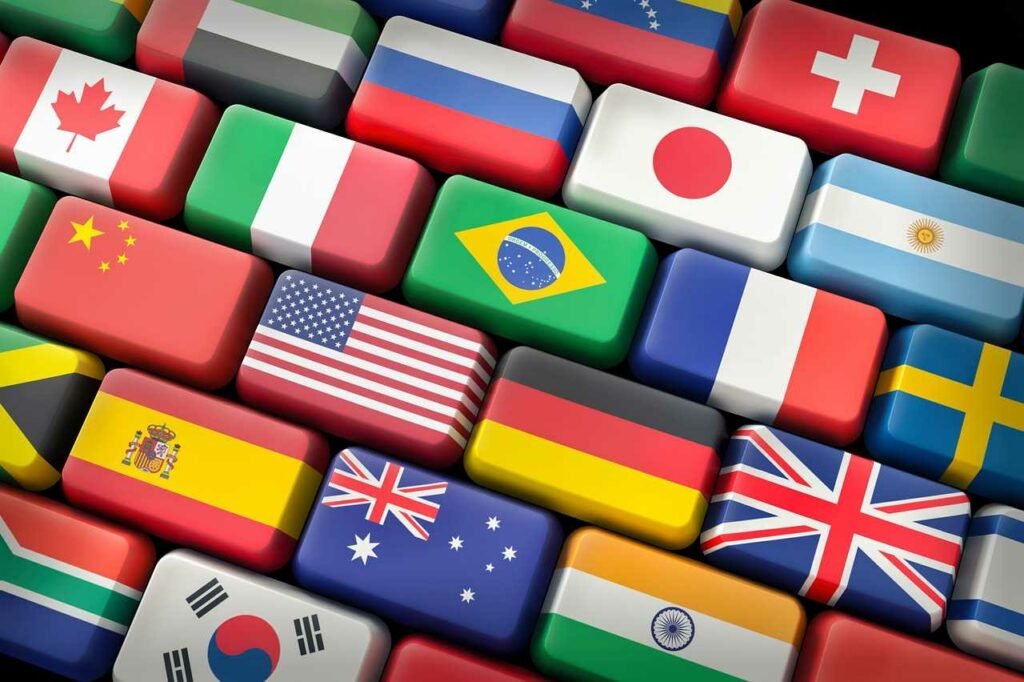
In today’s interconnected global landscape, communication transcends boundaries effortlessly. Technology’s proliferation enables instant exchanges across continents. Despite this rapid information flow, language barriers persist as a significant challenge. Text translation services emerge as unsung heroes in this digital age, seamlessly bridging linguistic gaps.
The increasing demands of global business, travel, and cross-border collaborations drive the need for real-time translation solutions. Integrating translation services seamlessly into various communication platforms and devices will play a pivotal role in fostering instantaneous and accurate multilingual interactions.
These services have evolved remarkably, reshaping how we communicate, conduct business, and share ideas across diverse cultures. From basic word translations to advanced machine learning algorithms, text translation services have witnessed extraordinary advancements, making the world more accessible than ever before.
The Evolution of Translation Services
Technological progress has transformed translation services significantly. Traditional methods, heavily reliant on human translators and prone to errors, have been revolutionized. The digital revolution introduced machine translation, employing artificial intelligence and neural networks for rapid language processing and translation, replacing the manual, time-consuming approach.
The Significance of Text Translation Services
Language barriers have long impeded effective communication. Whether in international business transactions, academic research, or connecting with individuals from diverse cultural backgrounds, accurately conveying ideas across languages remains crucial. Text translation services play a pivotal role in facilitating this communication by breaking down language barriers and enabling clear and precise information exchange.
Today, where content proliferates across various platforms like websites, social media, and e-commerce, the demand for precise translation services has surged. Global businesses aim to reach wider audiences, necessitating content accessibility in multiple languages. Moreover, accurate text translation is vital for sharing knowledge and advancements globally in fields such as medicine, law, and academia.
Improved Business Communication
For international businesses, effective communication is fundamental to success. Text translation services empower companies to localize their content, marketing materials, and product information, resonating with diverse audiences worldwide. This localization not only aids in accessing new markets but also demonstrates cultural sensitivity, fostering deeper connections with consumers.
Additionally, accurate translation services in business communications, including emails, contracts, and reports, are essential for maintaining professionalism and averting misunderstandings that could potentially disrupt partnerships or deals. In a competitive global market, businesses investing in high-quality translation services gain a distinctive edge, building trust and credibility with their clientele.
The Role of Translation Services in the Digital Age
Online translation services play a crucial role in dismantling language barriers across various domains. From multinational corporations conducting global business to individuals seeking information from diverse sources, the demand for precise and efficient translation services has never been higher. Below are some roles in which these services have become vital.
· E-Commerce and Global Markets: Businesses expanding into international markets heavily rely on translation services to reach broader audiences. Translating product descriptions, marketing materials, and customer support documentation helps companies resonate with local customers, fostering trust and boosting engagement.
· Education and Research: The academic world thrives on collaboration and knowledge exchange across borders. Translation services facilitate the dissemination of research papers, scholarly articles, and educational resources, enabling academics worldwide to access and contribute to a wealth of information regardless of linguistic differences.
· Healthcare and Accessibility: Effective communication is a matter of life and death in the medical field. Translation services ensure that healthcare professionals can communicate effectively with patients from diverse linguistic backgrounds, guaranteeing accurate diagnosis, treatment, and informed consent.
· Social Connectivity and Cultural Exchange: Social media platforms serve as global hubs for interaction. Translation services enable users to engage with content in multiple languages, fostering cultural exchange and understanding among individuals from diverse backgrounds.
In Conclusion
In summary, text translation services have become indispensable tools in breaking down language barriers in our increasingly interconnected world. While machines offer speed and accessibility, human expertise remains crucial for contextually rich and accurate translations. As technology advances, these services will continue to evolve, fostering greater global connectivity and understanding among diverse cultures.



